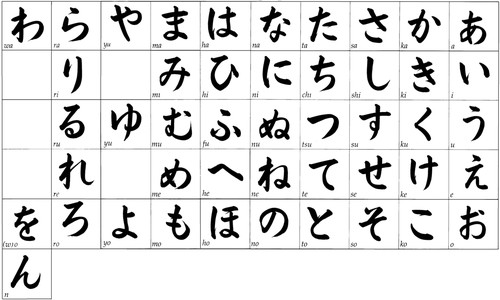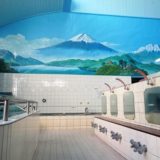In Japanese, words used in the same pronunciation and expression overseas are increasing as Japanese culture spreads around the world. For example, “Kawaii”, “Manga”, “Tsunami” etc.
I introduce Japanese-specific phrases that are difficult to translate English.
Komorebi
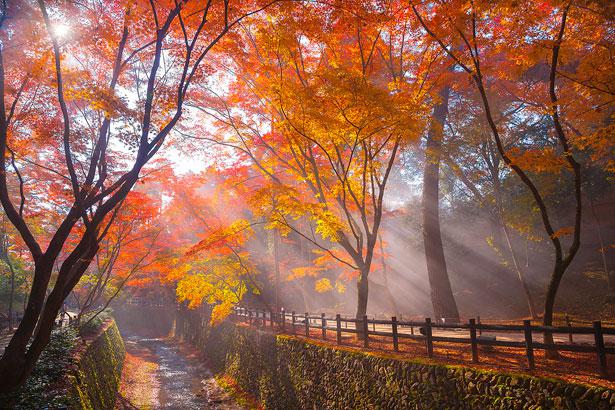
“Komorebi” is a scene where the sun shines from trees and trees in the forest.
It is a scene where there are trees and it looks like the sun is shining, so you can check it if you go directly under the sun.
When it’s sunny just after the rain, even if you’re at a distance, you can see the reflection of water vapor and it looks like a curtain.
Wabi-Sabi
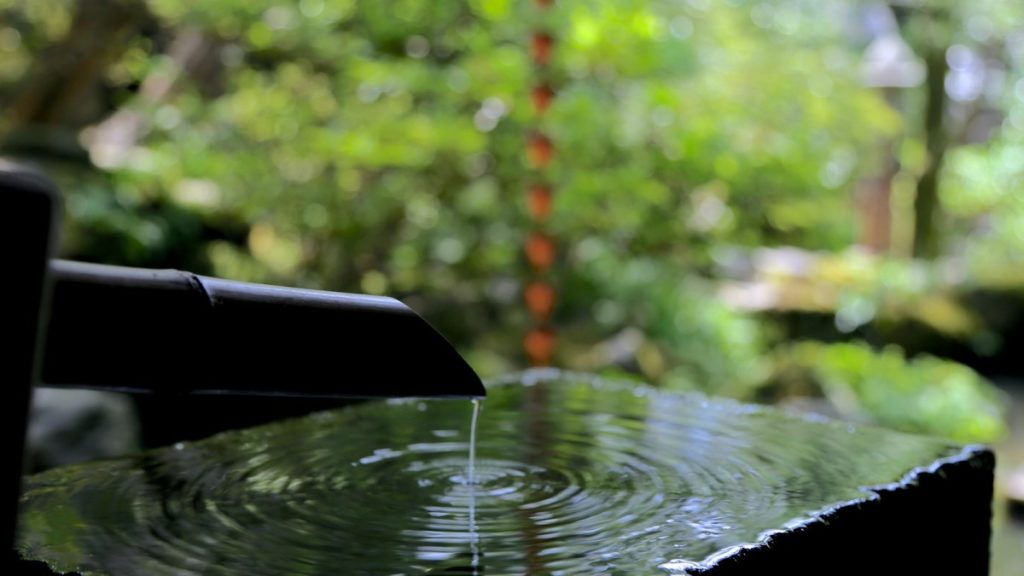
“Wabi” and “Sabi” are concepts that add more conceptual and aesthetic meanings to the Japanese that express “loneliness”.
Rust is a word about the beauty of appearance.
This thing of the world is rusted, soiled or chipped by aging. It is generally regarded as deterioration, but conversely, the diverse and unique beauty that the change weaves is called “rust”.
On the other hand, Wabi is a word about a positive mind that accepts and enjoys rust and dirt.
In other words, it is a heart that finds the beauty of rust.
Itadakimasu
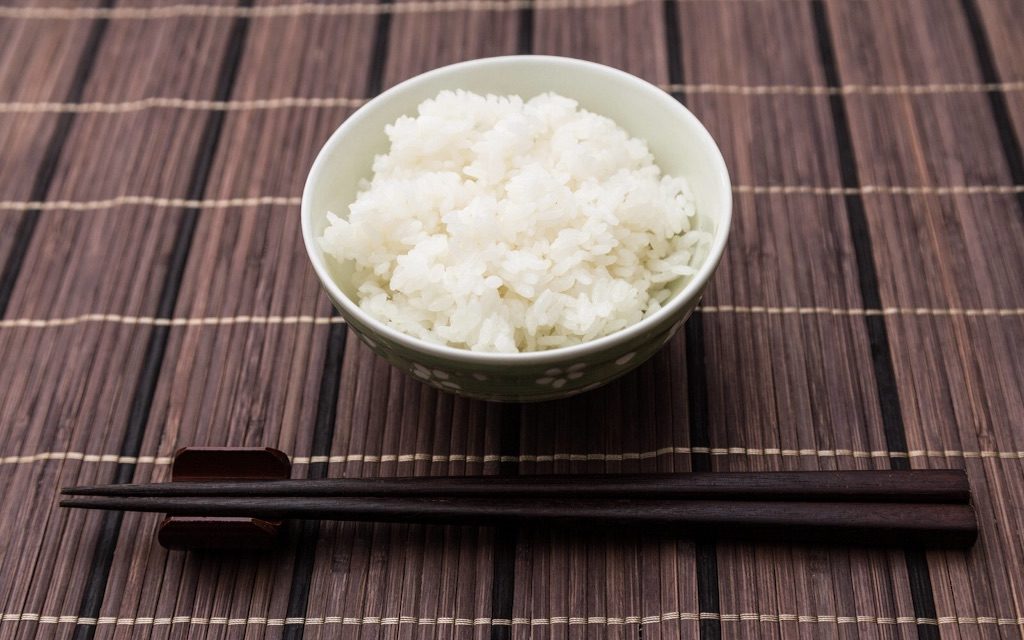
“Itadakimasu” is a Japanese greeting when you start eating.
It is derived from “itadaku” (take, eat), and has a polite word “masu” as a greeting.
Because there is a simple pre-meal greeting, you can even say your own dishes.
Mottainai

“Mottaitai” means that it is lonely to leave it alone or to waste it, although it is useful.
In recent years, when considering environmental issues, the word “Mottainai” has attracted attention.
It was Wangari Muta Maathai that made the trigger.She won the Nobel Peace Prize in 2004.
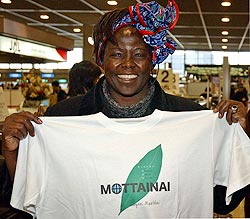
Marthai was impressed the word “Motainai” when he came to Japan in 2005
“Environment 3R + Respect = Mottainai ” is their motto.
She said that “Mottainai ” represents not only “Reduce, Reuse, Recycle” environmental activities but also “Respect” for irreplaceable earth resources.
Shibui

“Shibui” means calm and sober but having a quaint atmosphere and tasteful.
